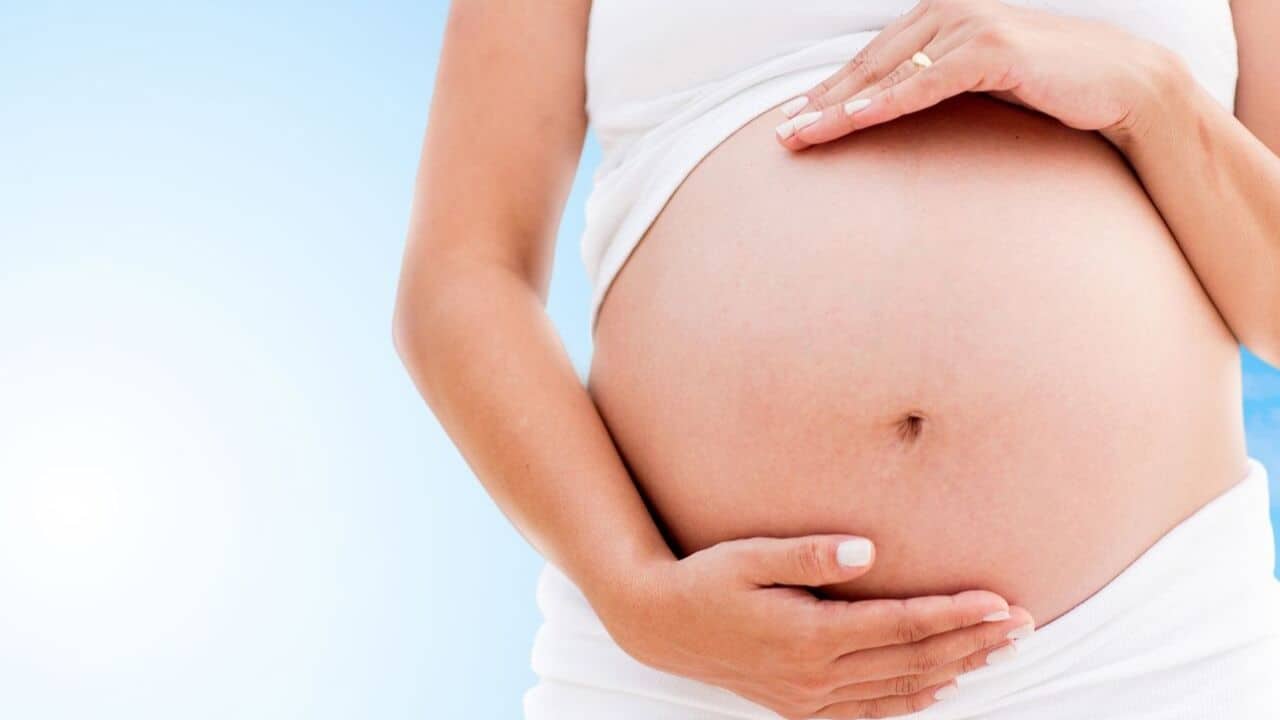Infertility is on the rise – one in six Australian couples suffers infertility. Since 1976, the total fertility rate for Australia has been below replacement level. That is, the average number of babies born to a woman throughout her reproductive life has been insufficient to replace herself and her partner. How can acupuncture help with infertility?
Research showing acupuncture may assist in supporting specific fertility treatments
There is some research evidence that acupuncture for infertility and Chinese medicine treatment may help in supporting specific fertility treatments such as in vitro fertilisation (IVF). While there are many infertility treatments available, acupuncture for fertility is a natural therapy to support some fertility treatments. The results from a study at Tel Aviv University found that 65.5% of women who combined Intrauterine Insemination with Chinese Medicine treatments were able to conceive, compared to 39.4% for the women who did not receive Chinese Medicine treatments (herbs and/or acupuncture). In relation to IVF, modern day research has found acupuncture improves success of fertility by 40% – 60% when administered before and after embryo transfer. There is also broad agreement by Chinese medicine practitioners and other health practitioners about acupuncture as an adjunct treatment for IVF.
How does acupuncture work?
Acupuncture involves the gentle insertion and stimulation of thin, disposable sterile needles at strategic points, called acu-points, on the surface of the body. These acu-points are located on meridians that innervate certain organ systems, such as the reproductive system. When the needles stimulate these acu-points, the energy (Qi – pronounced Chi) and blood located at the acu-points circulate throughout the body into these organ systems. As a result circulation and efficiency of these organ systems are improved, general health can be restored.
How can acupuncture improve fertility?
The goal of infertility treatment from a Chinese Medicine perspective is not just to help with pregnant, but to help in maintaining a healthy pregnancy and delivering a healthy baby. Acupuncture for infertility aims to help in the menstrual cycle for women to support IVF. Acupuncture for infertility can also help with stress on the body. Stress can affect the regulation of ovulation and menstruation, therefore is detrimental to conception for women. Stress can also affect sperm which may promote infertility in men. Acupuncture may assist to improve the general health of a woman. This is important as possible inflammation caused by other illnesses can also contribute to infertility.
While some fertility drugs commonly prescribed for women can produce a 20 to 60 percent pregnancy rate, they may also include side effects such as abdominal tenderness, bloating, weight gain, and nausea. Acupuncture for infertility as an adjunct treatment for IVF, by contrast, produces few or no side effects.
How many sessions do you need before you can conceive?
The number of sessions of acupuncture for infertility to support IVF varies between people, as everyone is different. Age, current health status, dietary and lifestyle choices all contribute to the duration of treatment and the number of treatment cycles required. Generally, one cycle of treatment is 12 acupuncture sessions.
Modern day living may be contributing to the rise of infertility. With many couples facing constant stress from work, finances, or other obstacles in life, health is usually compromised. Often sleeping patterns alter, dietary and lifestyle choices are affected, and stimulants are consumed in order to enhance work productivity. So it is important to understand that while participating in a treatment regimen of acupuncture, dietary and lifestyle choices will also be addressed to enhance results of acupuncture.
For more information regarding acupuncture for infertility, please call your closest location (Perth Clinic: 57/76 Newcastle Street (08) 9228 8828, Subiaco Clinic: 6/1 Sheen Street (08) 9380 4171). Alternatively, you can send us your queries through our online contact page.


